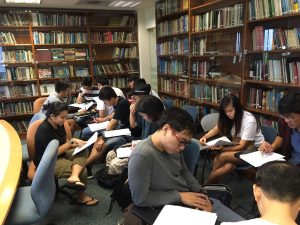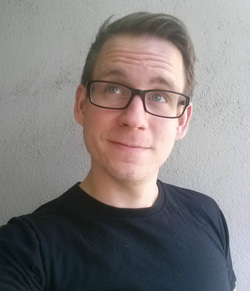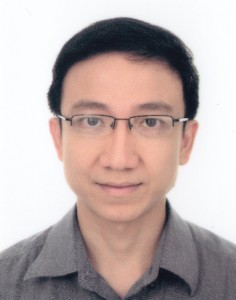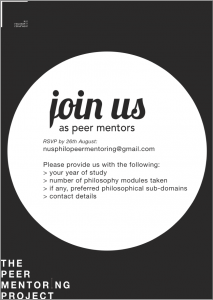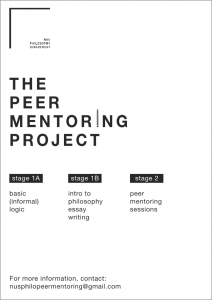‘The Real Gettier Challenge’
Abstract:
Epistemologists have long assumed that they know what main generic thesis is their explicative quarry, as they set out to understand Gettier cases more fully by reaching for one or more of the concepts of epistemic luck, intellectual virtue, defeaters, safety, sensitivity, etc. Not so, I say: epistemologists have also long been badly mistaken about this – that is , about even the generic thesis that they need to be explicating. They have taken the explicandum thesis in question to be something like ‘Any belief that is Gettiered fails to be knowledge.’ But the real epistemological explicandum lurking in these shadows is slightly different. And this slight difference matters – greatly. It implies that much contemporary epistemological thinking about knowledge has been beside the explicative point at best, when claiming to accommodate and even to illuminate what happens within Gettier cases. I have recently explained all of this (and more) in detail in Knowledge and the Gettier Problem. This talk will present part of that book’s argument.
Date: 8 August 2019
Time: 2pm to 4pm
Venue: Philosophy Meeting Room (AS3-05-23)
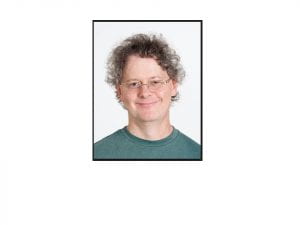
About the Speaker:
Stephen Hetherington is Professor of Philosophy at the University of New South Wales, in Sydney, and (since late 2013) the Editor-in-Chief of the Australasian Journal of Philosophy. His books include Good Knowledge, Bad Knowledge (Oxford University Press, 2001), Self-Knowledge (Broadview, 207), How To Know (Wiley-Blackwell, 2011), Knowledge and the Gettier Problem (Cambridge University Press, 2016/2018), and What Is Epistemology? (Polity, 2019). His edited books include Epistemology Futures (Oxford University Press, 2006), What Makes a Philosopher Great? (Routledge, 2017), and The Gettier Problem (Cambridge University Press, 2019).
All are wlecome

